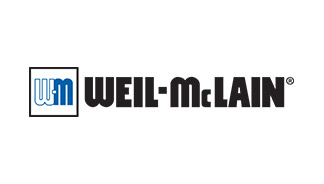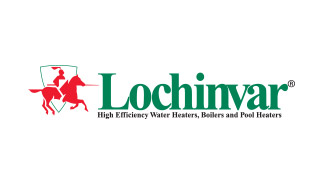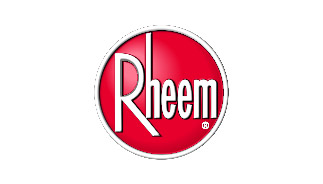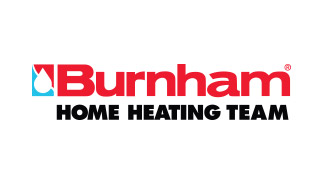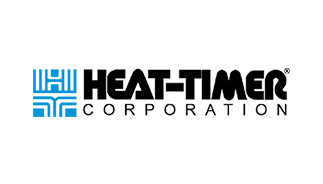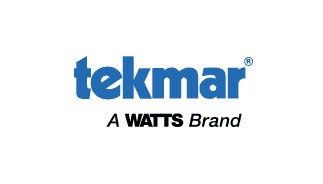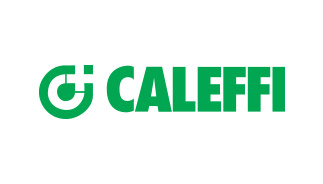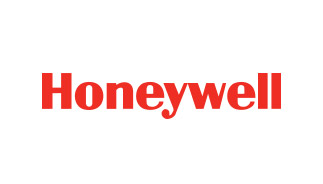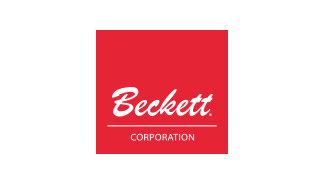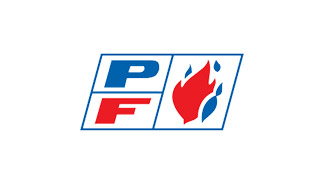Published on
August 11th, 2022What Are the NYC Boiler Registration Requirements? Be Sure Your Boiler Is Properly Registered
As a property owner or manager in New York City, you may have had your building’s boiler inspected when it was first installed or if you replaced major components of it as an upgrade. But did you know most properties are also required to register their boilers periodically with the city? Calray Boilers answers all your questions about NYC boiler registration requirements below, so you can stay on top of this important obligation.
Why Do Boilers Have to Be Registered?
Clean air initiatives
Boiler registration is part of a larger effort in New York City to improve air quality, which has multiple benefits:
- Healthier air for residents, which reduces respiratory problems like asthma
- Improved environment for wildlife, trees, and plants
- Better visibility
- Less blackening on buildings and other structures
Boiler registration gives the city precise data about contributors to soot in the air. And the fees generated by the Clean Air Tracking System (CATS) program at the Department of Environmental Protection (DEP) go towards air quality analysis, which continues to be a major concern.
Do All Properties Need to Register Their Boilers?
350,000 BTU/hr output or greater
Larger properties with boilers that put out at least 350,000 BTUs need to register with the city. There are two categories into which most boilers fall:
- Boilers with outputs of 350,000 BTUs per hour to less than 2.8 million BTUs per hour
- Boilers with outputs of 2.8 million BTUs per hour to 4.2 million BTUs per hour
If you work with a boiler with an output greater than 4.2 million BTUs per hour, which happens with some very large physical plants, the boiler will require a separate permit and certificate of operation.
What If I Manage a Government Building?
No fees
Government buildings are still required to complete boiler registration with the city. However, you will not have to pay any fees. At the end of the process, confirm that you are registering a boiler for a government property under “Fee Information.” You may need to upload documents as proof of government status in order to have the fees waived.
Are There Penalties for Failing to Register a Boiler?
An expensive omission
Don’t forget to complete the required forms with DEP or think you can skip boiler registration to save a little money. It will only cost you more in the long run. The city will issue citations and charge fines for failure to register a boiler.
We always recommend to our clients that they keep track of their boiler registration due date on their own, so even if they fail to receive the city’s notification for some reason, they will still remember to complete the requirement. In fact, we suggest property owners or managers keep a long-term calendar with dates for city-mandated certifications like RPZ backflow prevention device testing, gas piping inspection, and testing of fire suppression equipment. Not only do you want to make sure to pass the city’s inspections, but you also want to be certain these items work when you need them to and aren’t a safety hazard for building occupants and staff.
Is It Better to Switch from an Oil-Burning Boiler to a Natural Gas Boiler?
Yes, and Calray Boilers can help
The New York City Department of Environmental Protection keeps track of which boilers are oil burning and which are natural gas. They are actively encouraging property owners to switch to the latter, as it’s better for the city’s air quality. Even though there is a small number of oil-burning boilers remaining in the city, they account for the majority of soot pollution here.
There are other advantages to changing to natural gas:
- There are no worries about running out of oil, as piped gas is always available.
- No fuel storage is required, freeing up space in your boiler room.
- Natural gas usually costs less, especially with the price of petroleum high right now due to global events, so you save money.
- Your boiler will run cleaner and more efficiently.
- Oil-burning boilers are older and subject to more frequent breakdowns; you’ll have fewer hassles and service calls with a natural gas-fueled boiler.
Are you interested in switching to a natural gas boiler, or do you need assistance with your boiler registration? Not sure if your building’s boiler has been registered yet? Calray Boilers is here to help. Call us at 212-722-5506 today to schedule a service call.
